Recent developments at the Scottish Parliament have left many of us feeling disheartened about our climate future.
Mairi McAllan, Scotland’s Net Zero Minister, recently acknowledged what many had feared: the government’s ambitious 2030 climate change target is now a distant dream.
With annual and interim targets for cutting greenhouse gas emissions being scrapped in favour of a less frequent measurement system, it’s a bitter pill to swallow.
This decision begs the question: is our government committed to tackling the climate crisis head-on?
In her address to the Scottish Parliament, McAllan’s admission was sobering.
Achieving net zero emissions by 2030 is now deemed unattainable, replaced by a plan to measure emissions every five years.
While McAllan remains steadfast in the long-term target of reaching net zero by 2045, the extended timeline raises doubts about our ability to meet international obligations and confront the climate emergency with the urgency it demands.
McAllen did not leave us entirely in the dark. She outlined many measures to curb planet-warming gases and propel Scotland toward a greener future.
New legislation akin to the carbon budgets employed by the UK and Welsh governments is on the horizon.
Additionally, plans for a national integrated ticketing system for public transport aim to make sustainable travel more accessible. These initiatives are promising, but their efficacy in offsetting the delayed climate targets remains to be determined.
The human cost: A single mother’s struggle
But let’s take a moment to pause amidst the political jargon and policy discussions. Let’s consider the story of Tuah – a single mother – who embodies the struggles many in our communities face.
Tuah fights a daily battle against rising energy bills, her voice weighted with concern.
“I do my best to keep the heating on,” she said.
“But it’s a constant struggle. The bills rise yearly, and it feels like I’m fighting a losing battle.”
Tuah’s story is a stark reminder of the human toll of climate inaction.
The financial strain weighs heavily, exacerbating stress and anxiety.
“There’s no end in sight,” Tuah laments.
“It’s taking a toll on all of us.”
Amidst the challenges, Tuah’s resilience shines through, yet she feels powerless to affect change.
The cost of inaction
Britain’s broken energy system is costing the UK billions.
Since the energy crisis, the government has spent over £78 billion shielding households and businesses from soaring gas prices.
Meanwhile, record energy bills have left millions of people, including the elderly and disabled, living in cold, damp homes.
Since the crisis began, households are, on average, £2,300 worse off from higher-than-normal energy bills.
This perpetual cycle of high bills has left millions unable to afford proper heating.
Meanwhile, oil and gas companies have raked in obscene profits, leaving ordinary people struggling to stay warm.
What is this government doing to fix Britain’s broken energy system?
As we grapple with the implications of revised climate targets, one thing is clear: the time for action is now.
While government initiatives offer a glimmer of hope, they must be matched by grassroots efforts and citizen advocacy.
Tuah’s story serves as a poignant reminder of the real-world impact of policy decisions.
Let’s heed her call and stand together to demand accountability from our leaders.
There are many ways to get involved in the fight against climate change.
If you’re looking for ways to take action, contact your MP and councillors to sign the Warm This Winter pledge and share your story by writing a letter to the editors of your local papers.
By raising your voice and joining with others, you can help to build a more sustainable and equitable future for all.
Fatima is a seasoned strategic campaigns manager with a passion for driving impactful initiatives to address global challenges.
With over 10 years of experience, she specializes in devising dynamic communications and campaign strategies that engage and influence target audiences.
She is writing for The Courier as part of the Pass the Mic media project.
The Courier is a proud partner in the Pass the Mic media project, a platform which aims to raise the profiles of women of colour in Scotland and give a voice to their expertise.
The project was founded in 2019 and works with the women and organisations behind Gender Equal Media Scotland with support from Women 50:50.

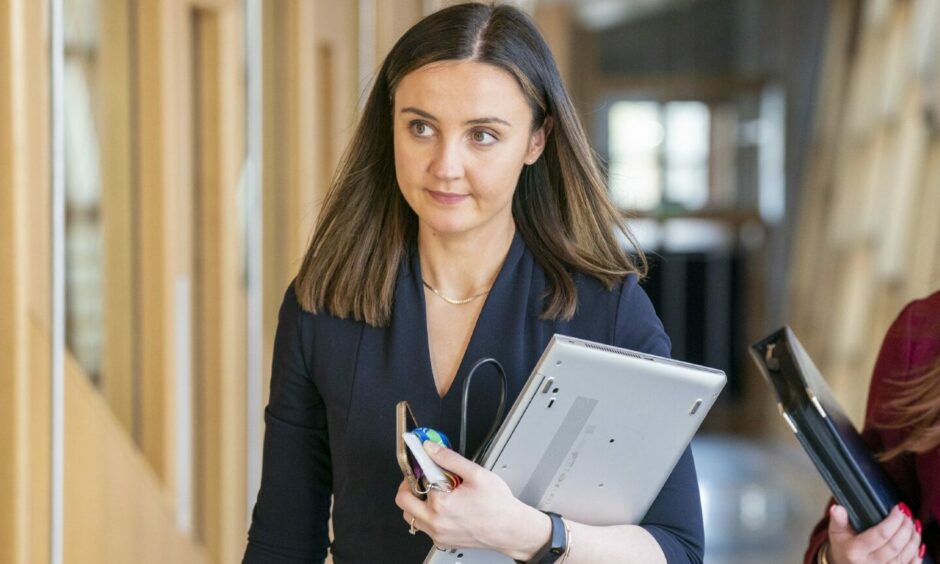
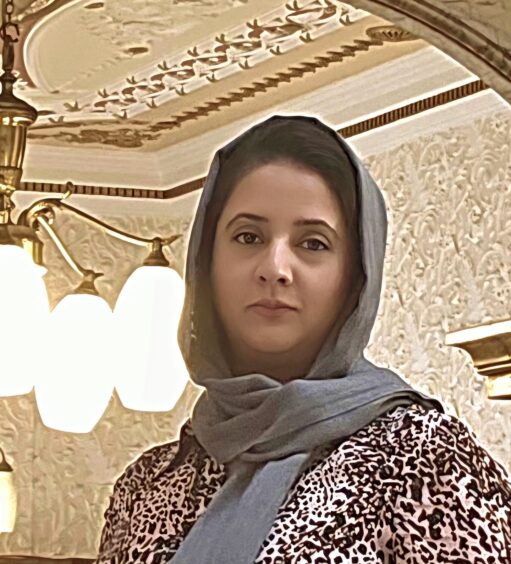

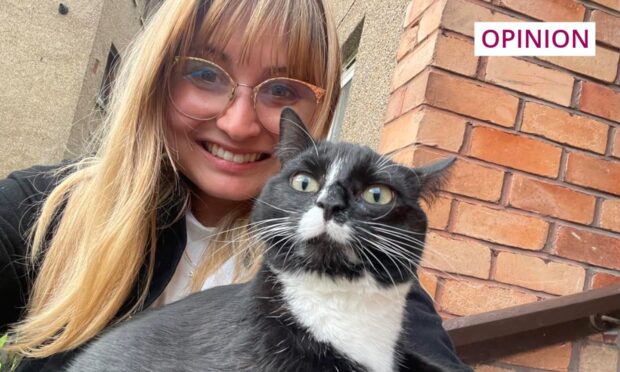


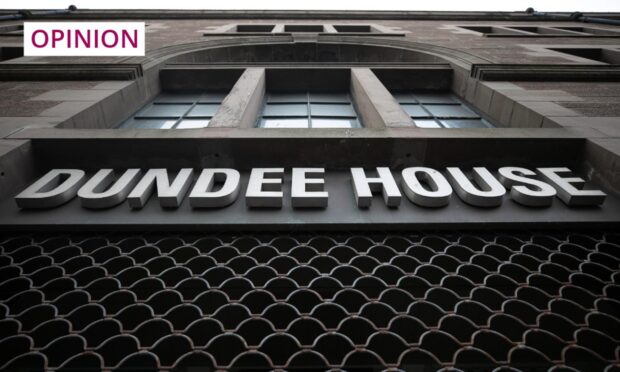


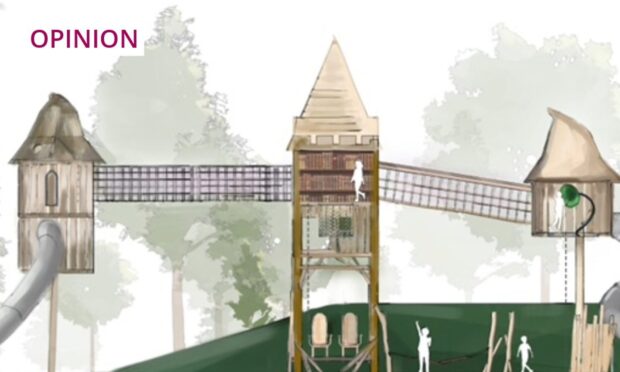

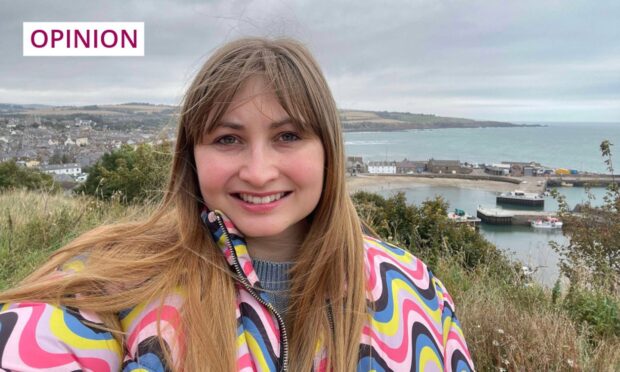
Conversation